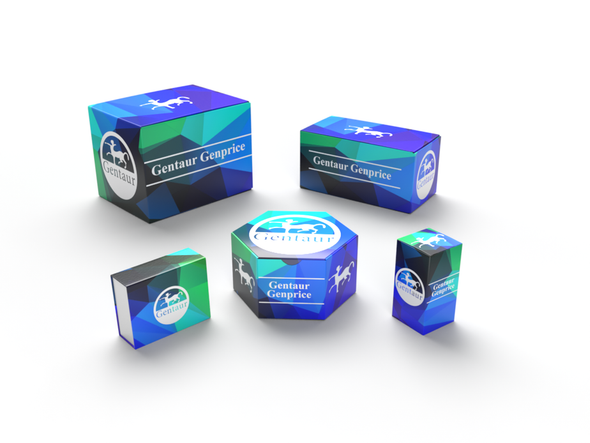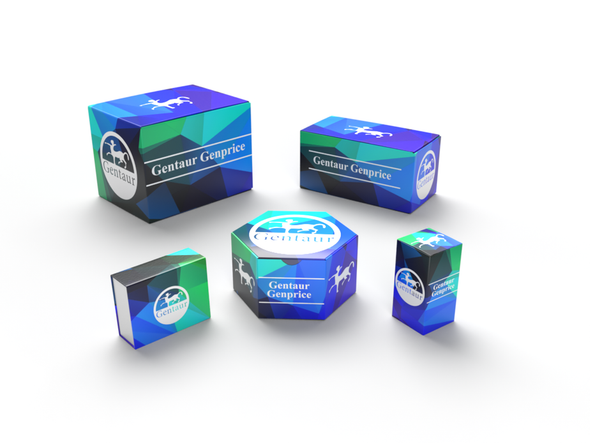Description
CLDN14 Antibody | 60-829 | Gentaur UK, US & Europe Distribution
Host: Rabbit
Reactivity: Human
Homology: N/A
Immunogen: This CLDN14 antibody is generated from rabbits immunized with a KLH conjugated synthetic peptide between 172-200 amino acids from the C-terminal region of human CLDN14.
Research Area: Neuroscience, Signal Transduction
Tested Application: WB
Application: For WB starting dilution is: 1:1000
Specificiy: N/A
Positive Control 1: N/A
Positive Control 2: N/A
Positive Control 3: N/A
Positive Control 4: N/A
Positive Control 5: N/A
Positive Control 6: N/A
Molecular Weight: 26 kDa
Validation: N/A
Isoform: N/A
Purification: This antibody is purified through a protein A column, followed by peptide affinity purification.
Clonality: Polyclonal
Clone: N/A
Isotype: Rabbit Ig
Conjugate: Unconjugated
Physical State: Liquid
Buffer: Supplied in PBS with 0.09% (W/V) sodium azide.
Concentration: batch dependent
Storage Condition: Store at 4˚C for three months and -20˚C, stable for up to one year. As with all antibodies care should be taken to avoid repeated freeze thaw cycles. Antibodies should not be exposed to prolonged high temperatures.
Alternate Name: Claudin-14, CLDN14
User Note: Optimal dilutions for each application to be determined by the researcher.
BACKGROUND: Tight junctions represent one mode of cell-to-cell adhesion in epithelial or endothelial cell sheets, forming continuous seals around cells and serving as a physical barrier to prevent solutes and water from passing freely through the paracellular space. These junctions are comprised of sets of continuous networking strands in the outwardly facing cytoplasmic leaflet, with complementary grooves in the inwardly facing extracytoplasmic leaflet. The protein encoded by this gene, a member of the claudin family, is an integral membrane protein and a component of tight junction strands. The encoded protein also binds specifically to the WW domain of Yes-associated protein. Defects in this gene are the cause of an autosomal recessive form of nonsyndromic sensorineural deafness. It is also reported that four synonymous variants in this gene are associated with kidney stones and reduced bone mineral density. Several transcript variants encoding the same protein have been found for this gene. [provided by RefSeq].






![CLDN14 Antibody (C-term) [APR11595G] CLDN14 Antibody (C-term) [APR11595G]](https://cdn11.bigcommerce.com/s-1rdwiq712m/images/stencil/590x590/products/57406/57710/gentaur-genprice__26005.1661610467__29809.1661628092__75433.1661676199__77988.1661684280__64362.1661692443__65475.1661853967.png?c=1)